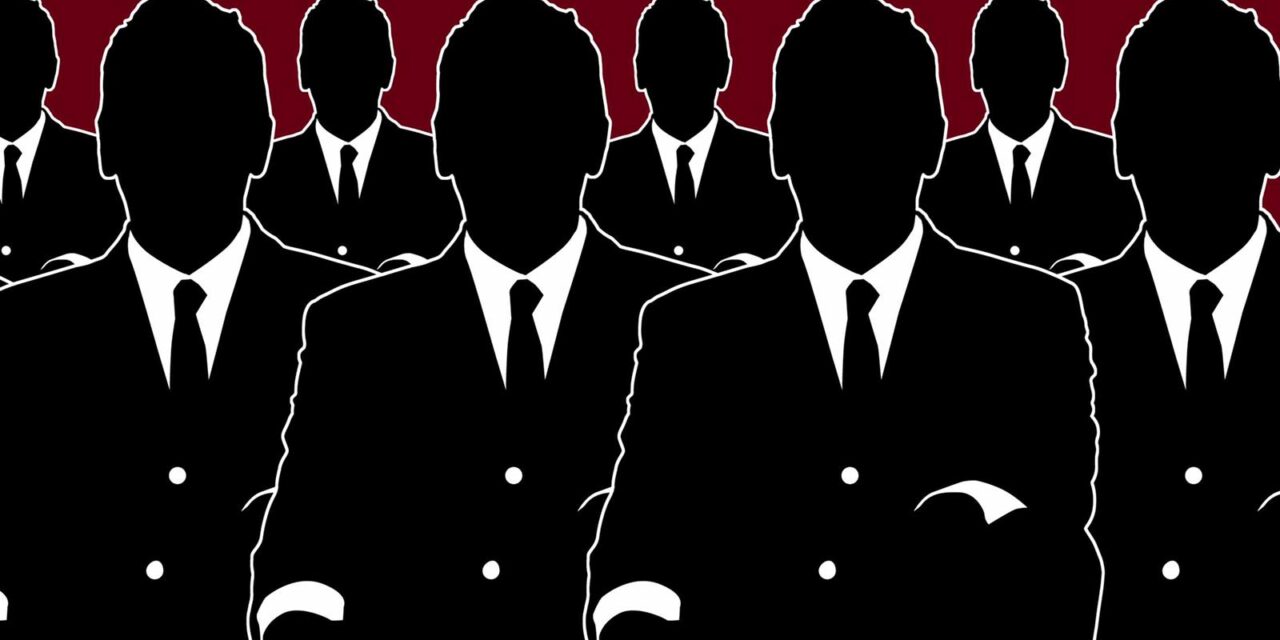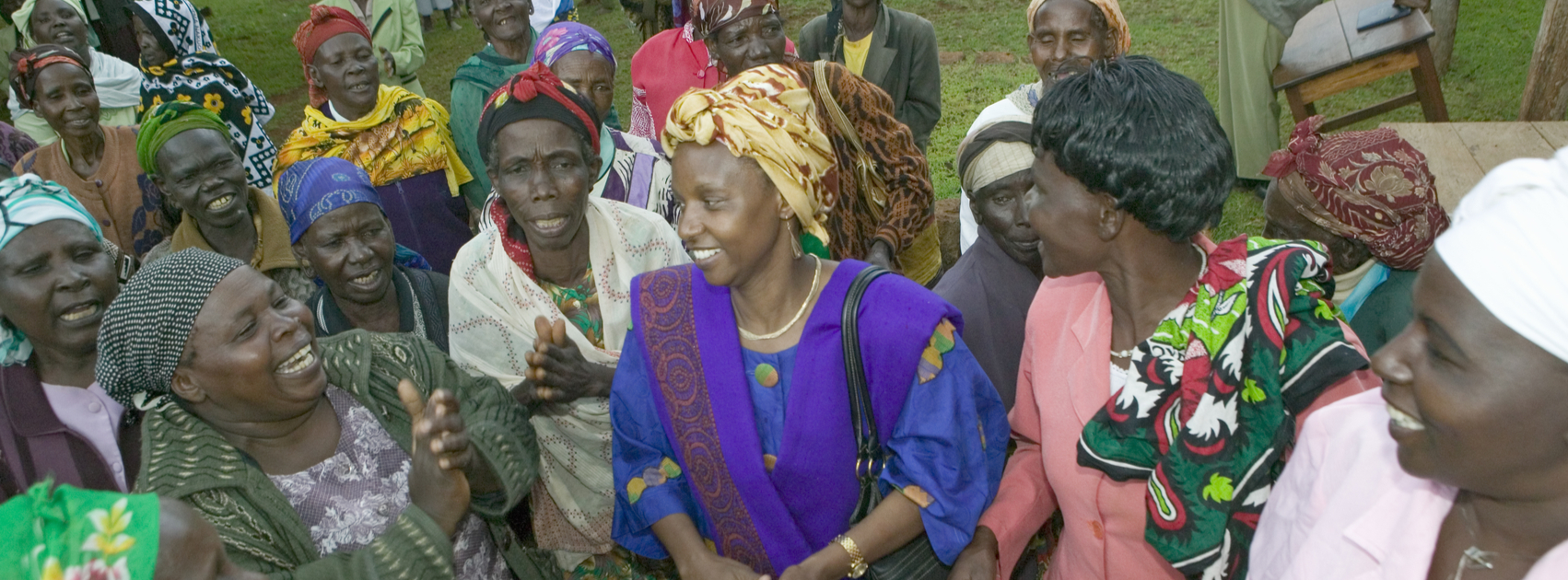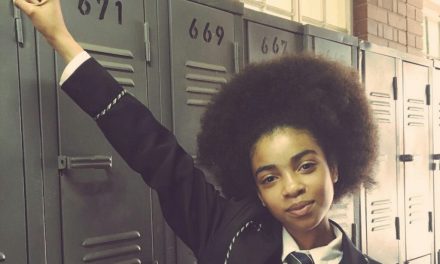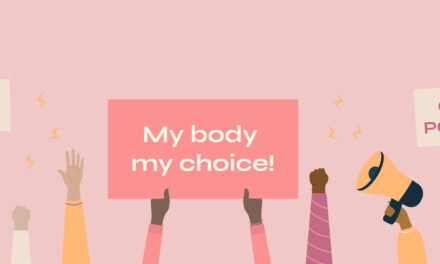Ghana’s population is split more or less down the middle along gender lines but when you listen to the radio or watch TV programs which discuss issues of national interest, you could be forgiven for thinking that the majority of Ghana’s population are men. Everywhere you turn, the voices of men are the most amplified across the country, even in spaces which should for all intents and purposes be safe spaces for women.
So, what are manels? Well, according to the Macmillan Dictionary, Manels (noun) is a portmanteau word (male+panels) describing a panel of experts or participants, for example on a TV quiz show or at a conference, that consists of men only. Notice the use of the word “expert” here and remember it because we will come to that later. In Ghana, from politics to sports, the voices you constantly hear are male voices. While on the surface, this has been normalized for as long as I can remember, what does it mean for the women in the country?
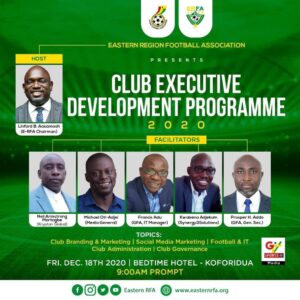
Photo credit: Michael Oti, Facebook
Women’s voices and contributions matter equally, and quite rightly so, but when all we are exposed to are male voices, that erases the voices and contributions of women, thereby conditioning younger generations to believe that women are inferior to men and their points of view does not matter. Media shapes public opinion and perception so it is one of the key areas to tackle if we really want to realize equality.
When you put together a team of ‘’experts’’ to discuss the topic of menstruation on World Menstrual Hygiene Day and every single one of those experts are non-menstruating men (I kid you not!) then one really begins to wonder if we understand what the word really means. From giving a platform to unqualified and misogynistic men like the self-titled ‘counsellor’ Lutterodt to spew problematic views about women to the hostile nature of our politics, especially where women are concerned, it is not very difficult to link the erasure of women’s voices and contributions to the problem of giving more weight to what men have to say and leaving women out.
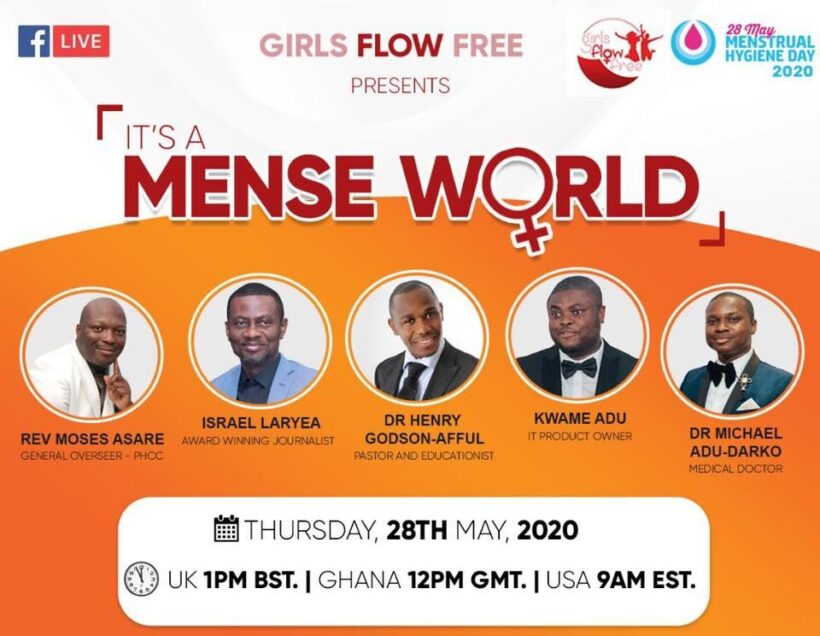
Photo credit: Facebook
Do we have women in Ghana who are experts in their respective fields and can speak to issues as they arise? Absolutely, but we always hear the tired excuse that they could not find any women. Or that the women they called were unavailable because the programme was scheduled early in the morning when women must prepare their kids for school – unpaid care work, anyone? Or there just aren’t any women, which is an obvious lie.
How then do we ensure that women receive equal representation on panels? It is a responsibility media houses and panellists should take seriously. If you are intentional about finding women for these programmes, you will; there is no doubt about it. If enough male panellists decide to be true allies to the cause for more inclusion, they will either demand their places be given to women they know are qualified or refuse to appear on manels altogether. Simply asking the question, “how many panellists are there and how many are women?” could go a long way to shaping the organizer’s perspective.
If you want girls and boys to grow up seeing each other as equal, you must make sure there is equal representation. Having all women panels on a show only when it has to do with Mother’s Day, International Women’s Day etc proves that women are treated as a special interest group, instead of part of the population with equal contributions to the advancement of a nation. When you can find women to discuss what a ‘Slay Queen’ should or should not do in their private lives but are calling on only men to discuss politics, the economic state of the nation or any other topic that should be of equal interest to all genders, you are stating that women’s opinions only matter in certain pejorative contexts, which is wrong.
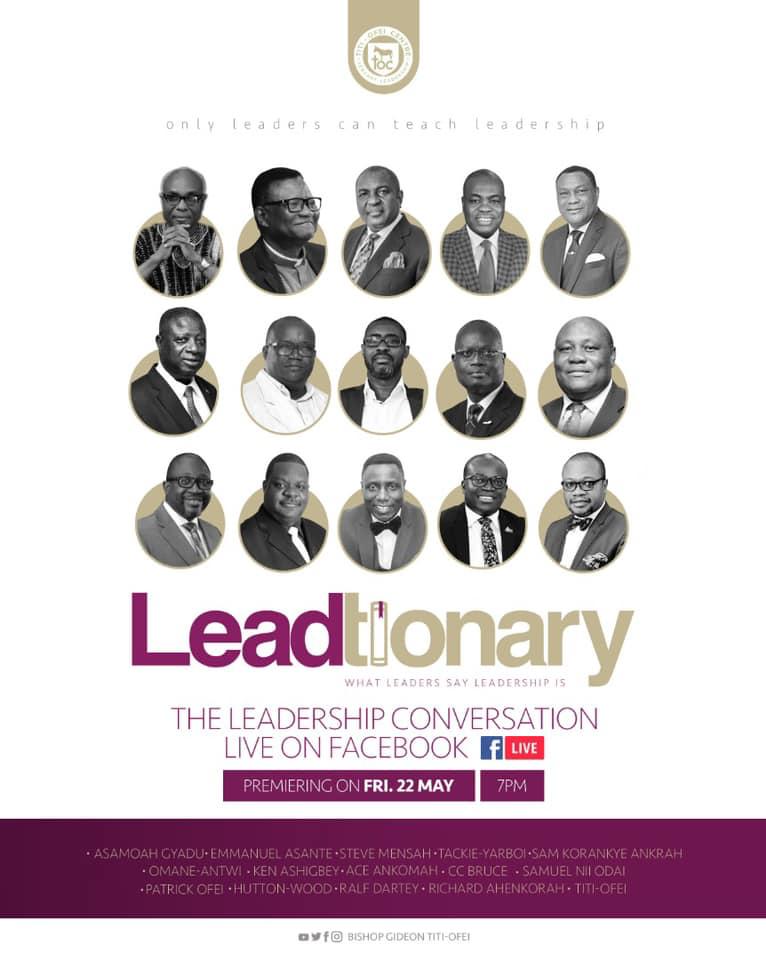
Photo credit: Facebook
When you hear female politicians being questioned about their marital statuses and judged based on that instead of the substance of the message they carry, you may feign outrage at how backward the people making these judgments are but you cannot still refuse to see the link between your socialization that women do not belong in these spaces as a rule and how you treat the opinions of women.
Manels are a menace to any society that is serious about achieving gender parity and they should be treated with the contempt they deserve. There are competent women in the country. Find them, amplify their voices and lead by example.

